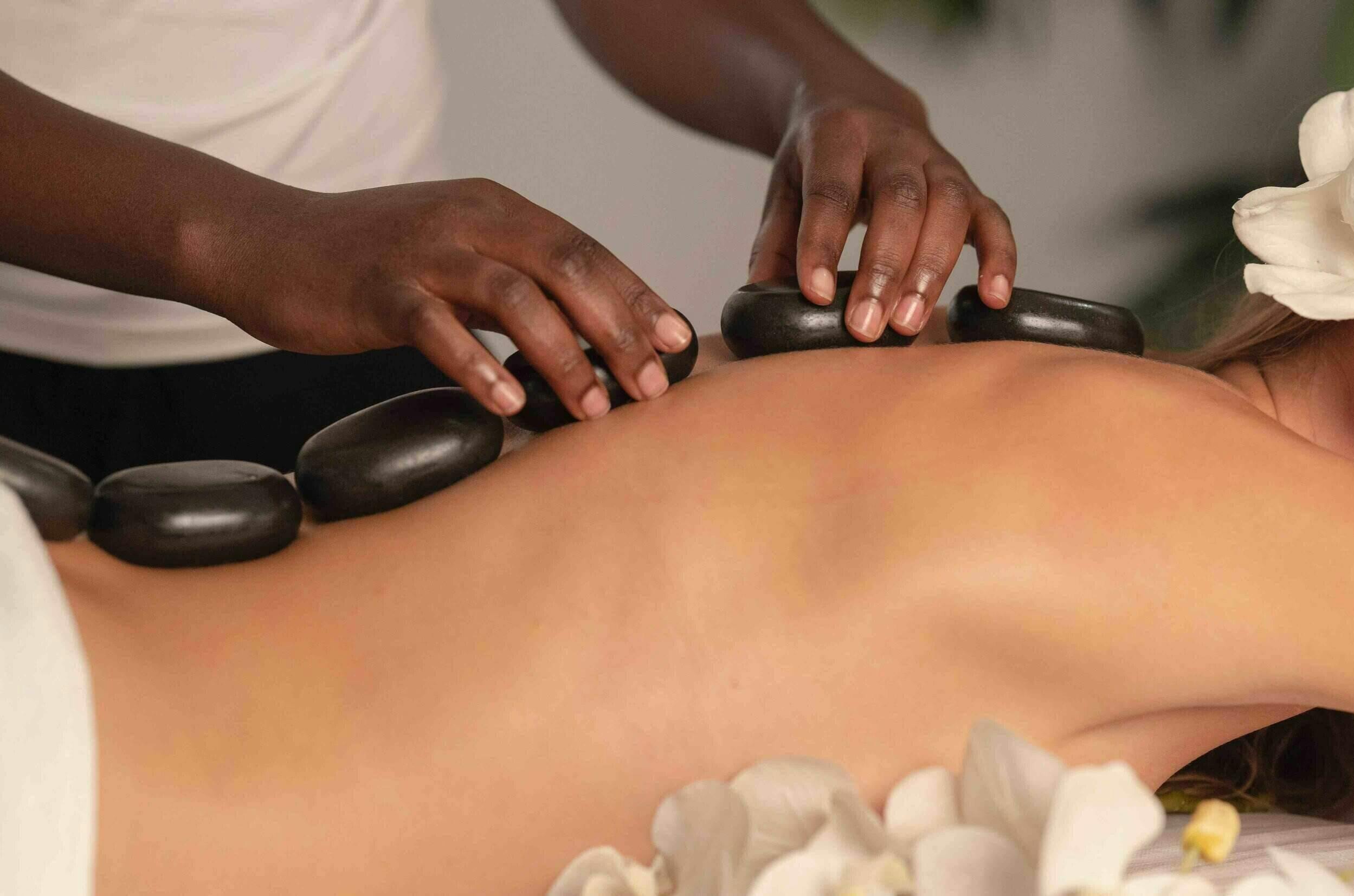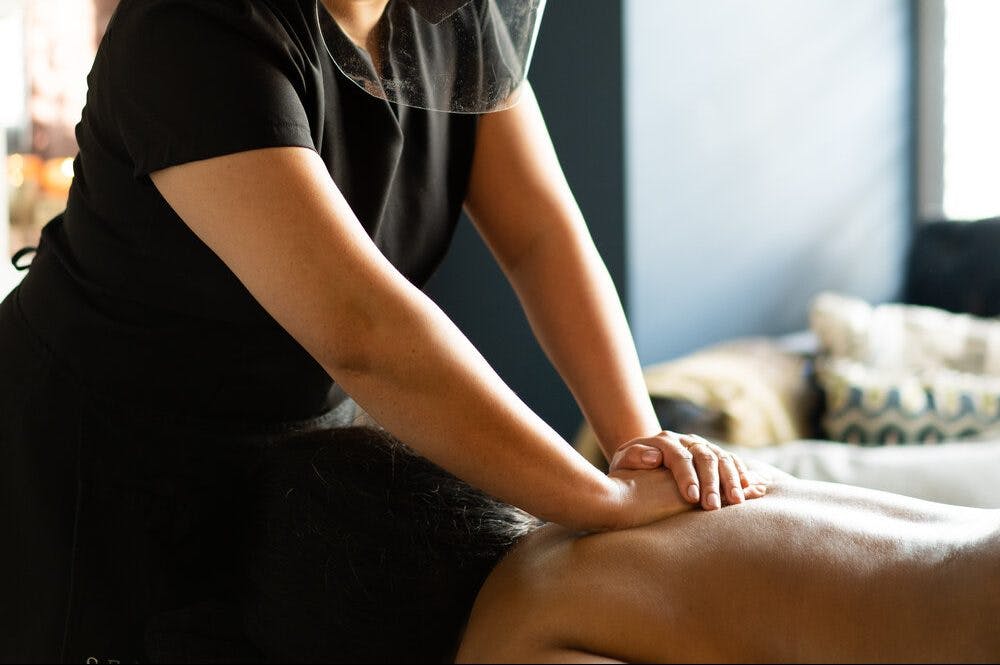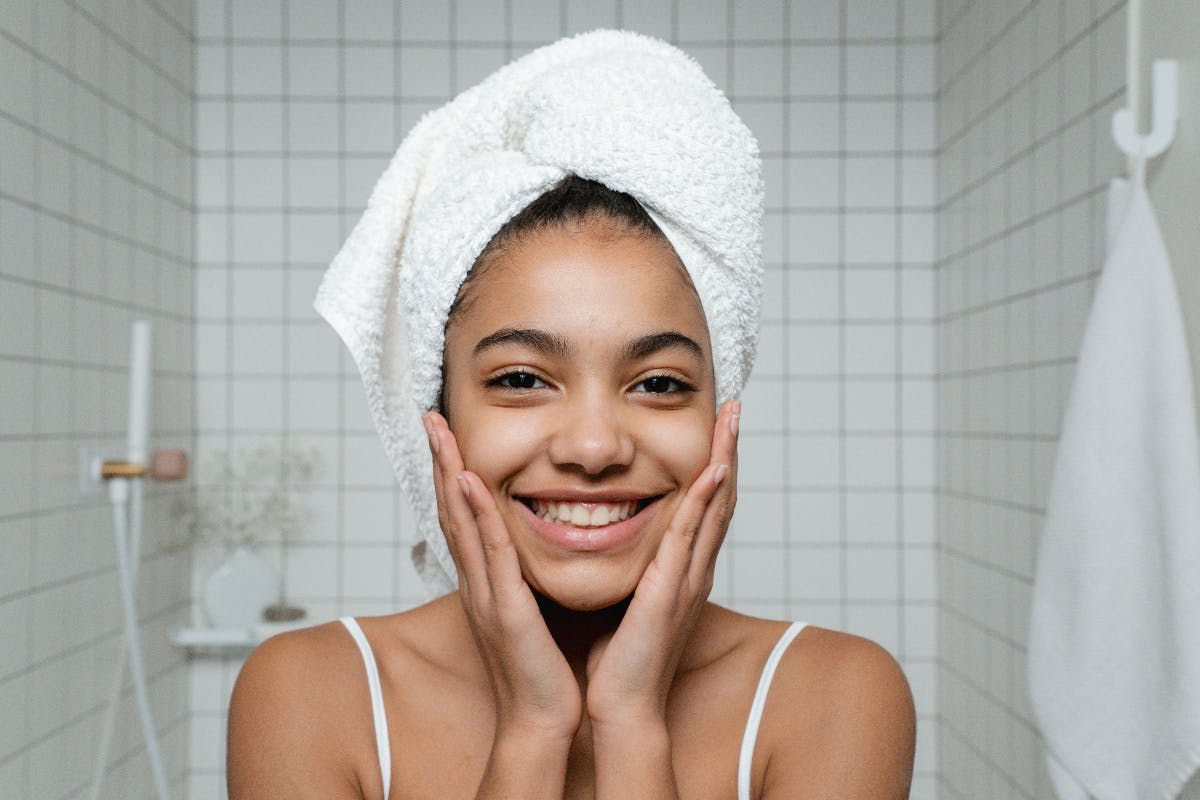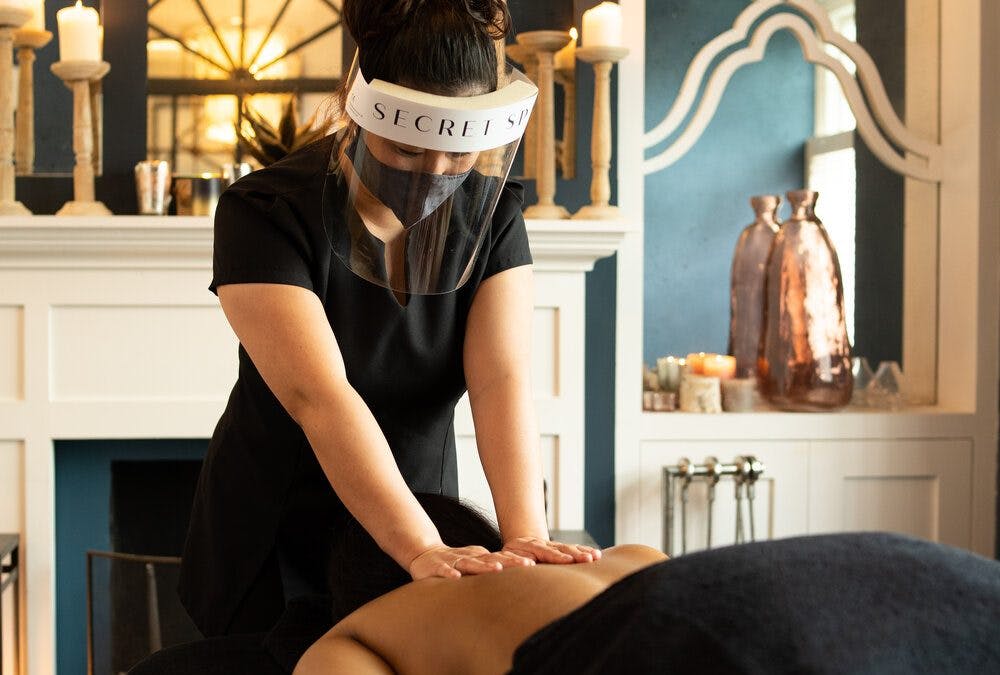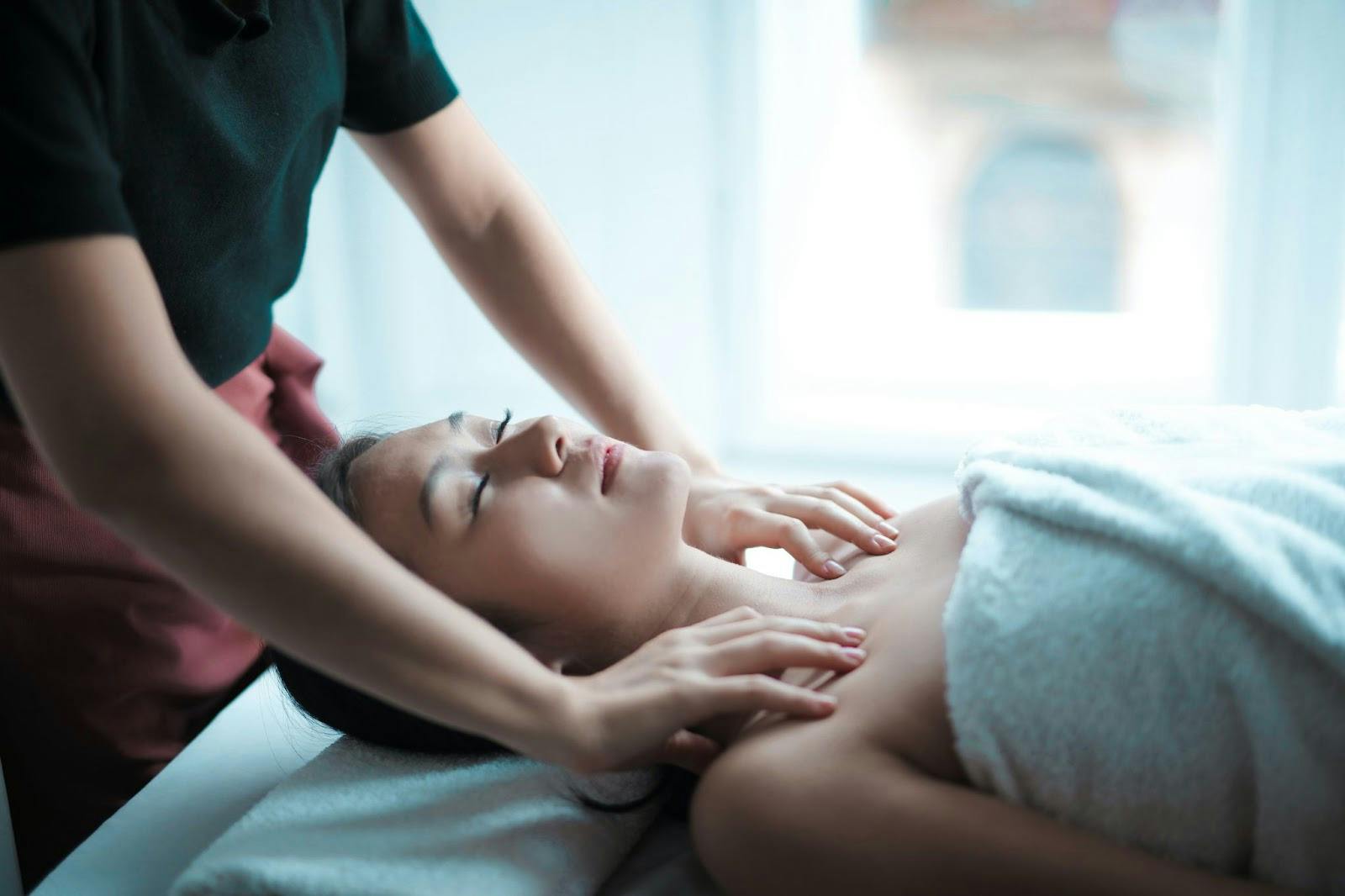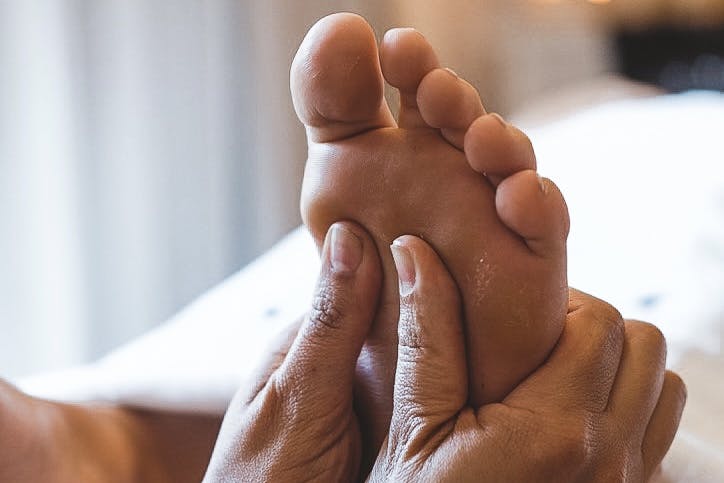Top tips for getting better sleep
Jan 13, 2021
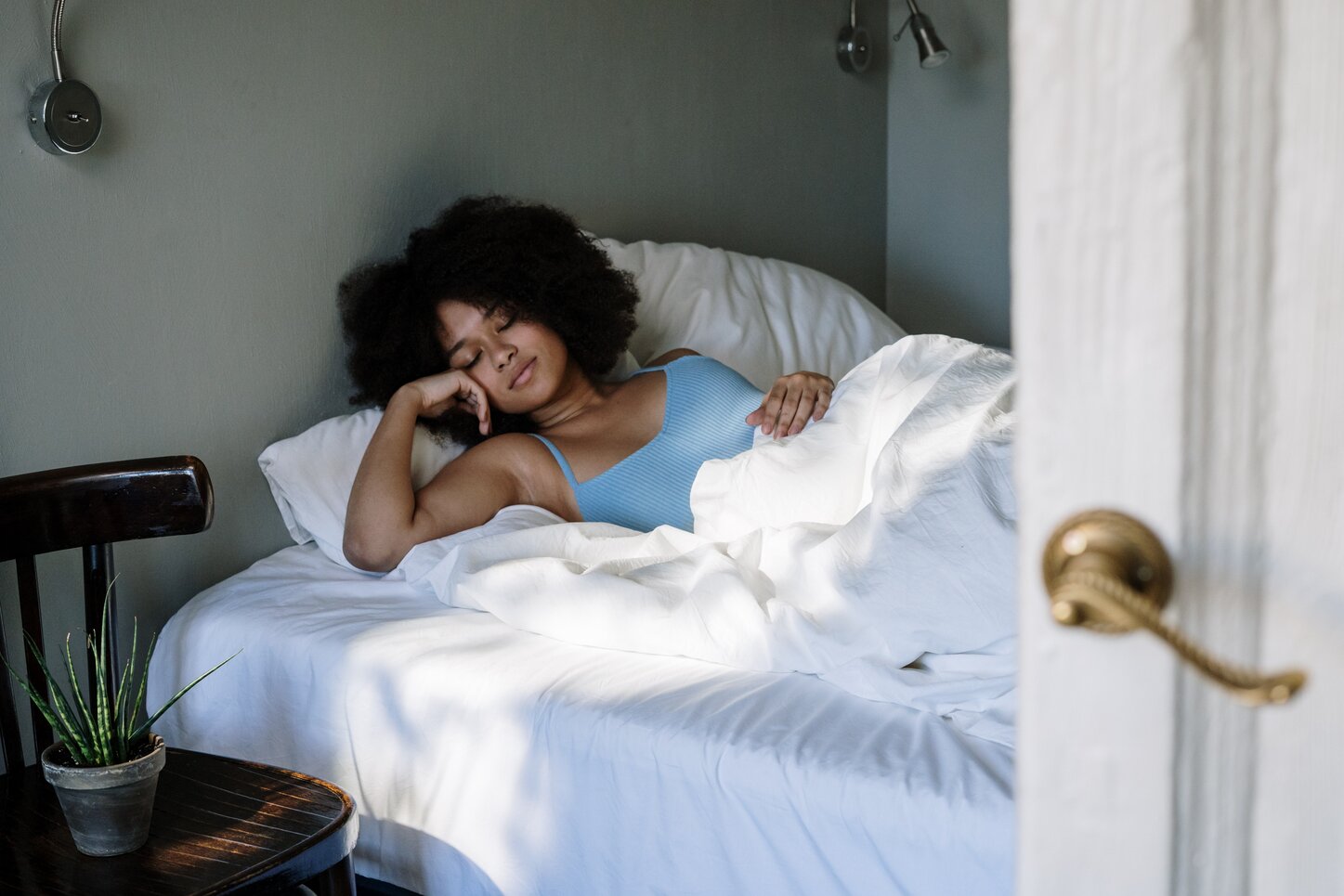
Getting enough good quality sleep is vital to your wellbeing. It helps with weight management, enables you to concentrate better, reduces your risk of heart disease and stroke, helps you stave off depression and even boosts your immune system.
But hearing about the bountiful benefits of a good night’s sleep and a good sleep routine is meaningless if you are struggling to improve your sleep. That’s why we’ve got a bunch of sleeping tips to help you journey to the Land of Nod and stay there for as long as necessary.
Here we share our top tips for getting to sleep, enjoying a better sleep, as well as some sleep hygiene tips. Armed with these, you’ll be one step closer to a great sleep routine.
Tips to get to sleep
Let’s tackle this one first. For many, the biggest issue is simply dropping off. Most sleeping tips tend to look at changing things in the long term, and that’s important. We’ll come onto these tips shortly. But what about when you just can’t drop off? These tips can be used when you’re lying awake frustrated that your mind and body won’t just switch off.
1. Jot down your thoughts
Mind whirring? Grab a journal or notepad and dump all of your thoughts down in the written word. This way you can ‘park’ them until morning. Just the act of writing them down can be enough to help get them off your mind.
2. Drop the temperature
Your bedroom needs to be reasonably cool to signal to your body that it’s time to sleep. Aim for 16-17°C for optimal dropping-off conditions.
3. Focus on your breathing
If you’re a mindfulness-pro you may have noticed the tendency to fall asleep as you focus on the breath. Whilst you may be trying to avoid this with meditation, it’s a great trick for sleeping. The 4-7-8 sleep technique can help too.
4. Turn your clock away
Seeing the minutes ticking past whilst you’re lying awake isn’t conducive to helping you drop off. Stop looking at the time!
5. Put on some relaxing music or white noise
If external noises are stopping you falling asleep, or the maelstrom of thoughts in your mind won’t stop bugging you, try listening to some calming music or white noise.
6. Switch off your phone
You may think that scrolling through your phone will help you drop off, but it won’t. It emits blue light which is perfect for keeping you alert and awake.
7. Use aromatherapy
Spritz some lavender water on your pillow, or have a peppermint diffuser in your room if you struggle to doze off.
Tips for better sleep
It’s not just the amount of sleep that you get that matters, it’s also the quality of sleep that counts. Consider these tips for better sleep:
1. Limit your caffeine intake
We know that caffeine is a stimulant and can stop you dropping off and so we tend to avoid it later in the day. But did you know that caffeine also affects the quality of your sleep?
2. Get comfortable
It seems obvious but with our busy lives it is easy to overlook; we need to take care to be comfortable. Sleeping on your side seems to be linked with the best quality sleep. Make sure your mattress and pillows are comfortable for you.
3. Take sleep boosting supplements
Your sleep quality is somewhat determined by your hormones. Certain supplements like magnesium and 5-HTP can help your body to regulate its sleep better.
4. Get more natural light during the day
Your circadian rhythm, your body’s natural pattern, is dependent on external cues from daylight to determine when it should sleep. Make sure you have plenty of bright daylight exposure during waking hours and keep things dimmer in the evening before bed.
5. Ditch long or impromptu daytime naps
Napping isn’t so great for high-quality sleep once you’re out of toddlerhood. Regular short naps may help, especially as you age, but for most healthy adults, the best thing is to avoid napping as it can affect sleep quality.
6. Avoid alcohol
If you think alcohol helps you sleep you’re probably mistaken. It can help you drop off to sleep but the quality of your sleep will be impaired.
7. No food after dinner
Your body releases hormones to signal that it’s time to sleep and to stay asleep. Some of these hormones, such as melatonin, are affected by what you eat and when.
8. Exercise regularly, but during the day
Regular exercise helps your body feel genuinely tired come bedtime. It can really improve the quality of your sleep.
If after trying the above, your sleep quality still seems poor, do pay a visit to your GP to rule out the possibility of a sleep disorder or underlying health problem.
Sleep hygiene tips
Lastly, consider some sleep hygiene tips. Sleep hygiene tips are about the routine and environment surrounding your sleep. These are some of the most important sleeping tips.
1. Have a regular sleep routine
Go to bed at the same time and wake up at roughly the same time every single day. Your body doesn’t actually understand that it’s the weekend and you can lie in, it just messes with your circadian rhythm.
2. Have a good bedtime routine
Also spend about 30-45 minutes winding down to sleep every day. You could include a bath, reading a book, or meditating.
3. Optimise your environment
If your bedroom has become an unloved dumping ground, it’s not going to help. It should be peaceful, the right temperature and calming. Declutter and ensure you’ve got good curtains or blinds for blocking out the light.
Sleep is powerful. But when you’re not getting enough, or it is poor quality, it can affect every aspect of your life. Introduce the sleeping tips above and we’re confident that you will spend many happy hours in the world of dreams soon.
If you’re really struggling to nod off, why not book a massage at home? They are brilliant for helping you to feel totally calm and ready for sleep.
Book our
experts today
Related Articles
What is hot stone massage and what are the benefits?
Mar 25, 2025
What is a deep tissue massage and what are the benefits?
Mar 24, 2025
The benefits of magnesium for the skin
Dec 10, 2021
Keeping that post-massage feeling – top tips for massage aftercare
Jan 28, 2021
Sports massage vs deep tissue massage
Feb 4, 2022
Is a reflexology massage the wake-up call your body needs?
Feb 28, 2022
